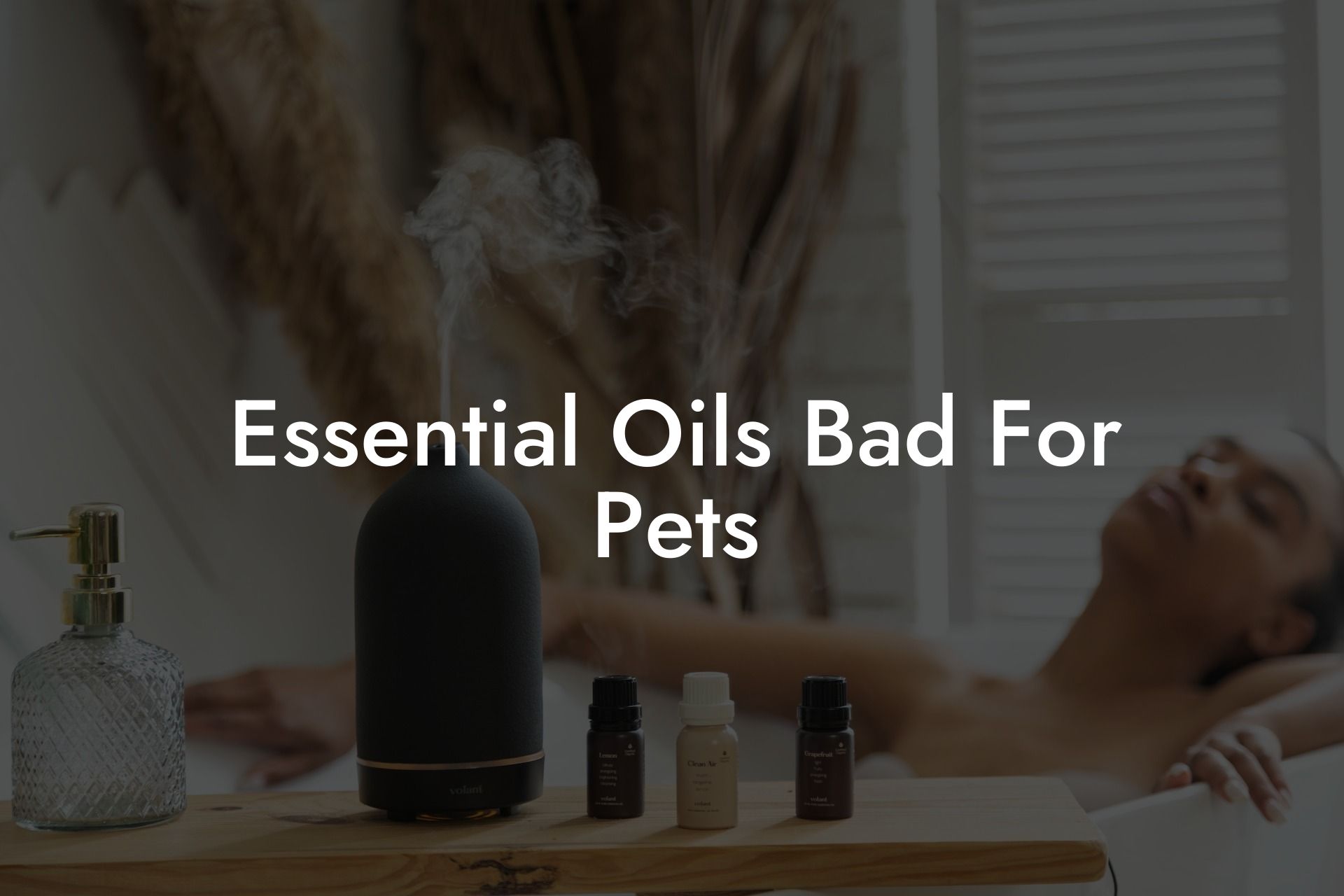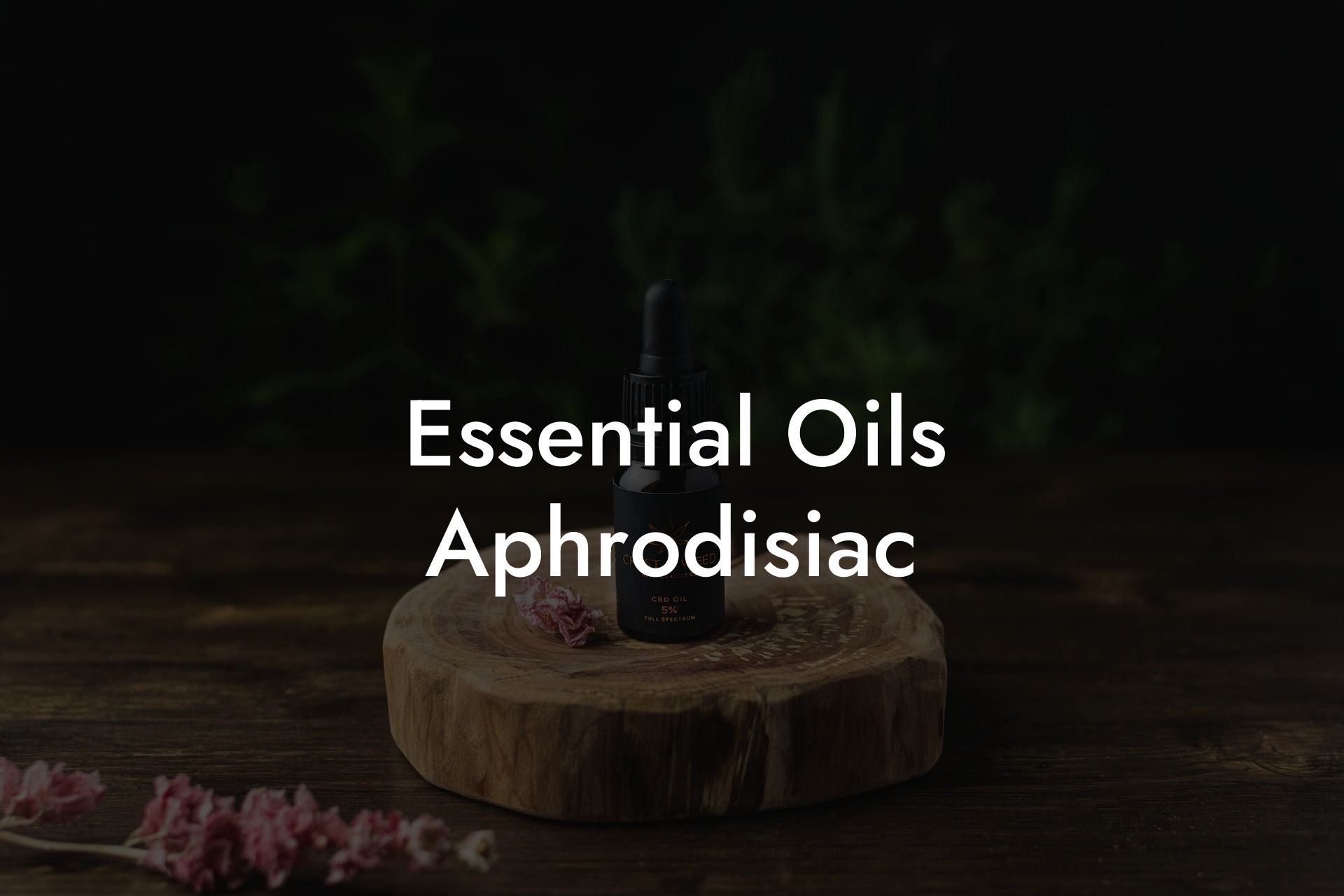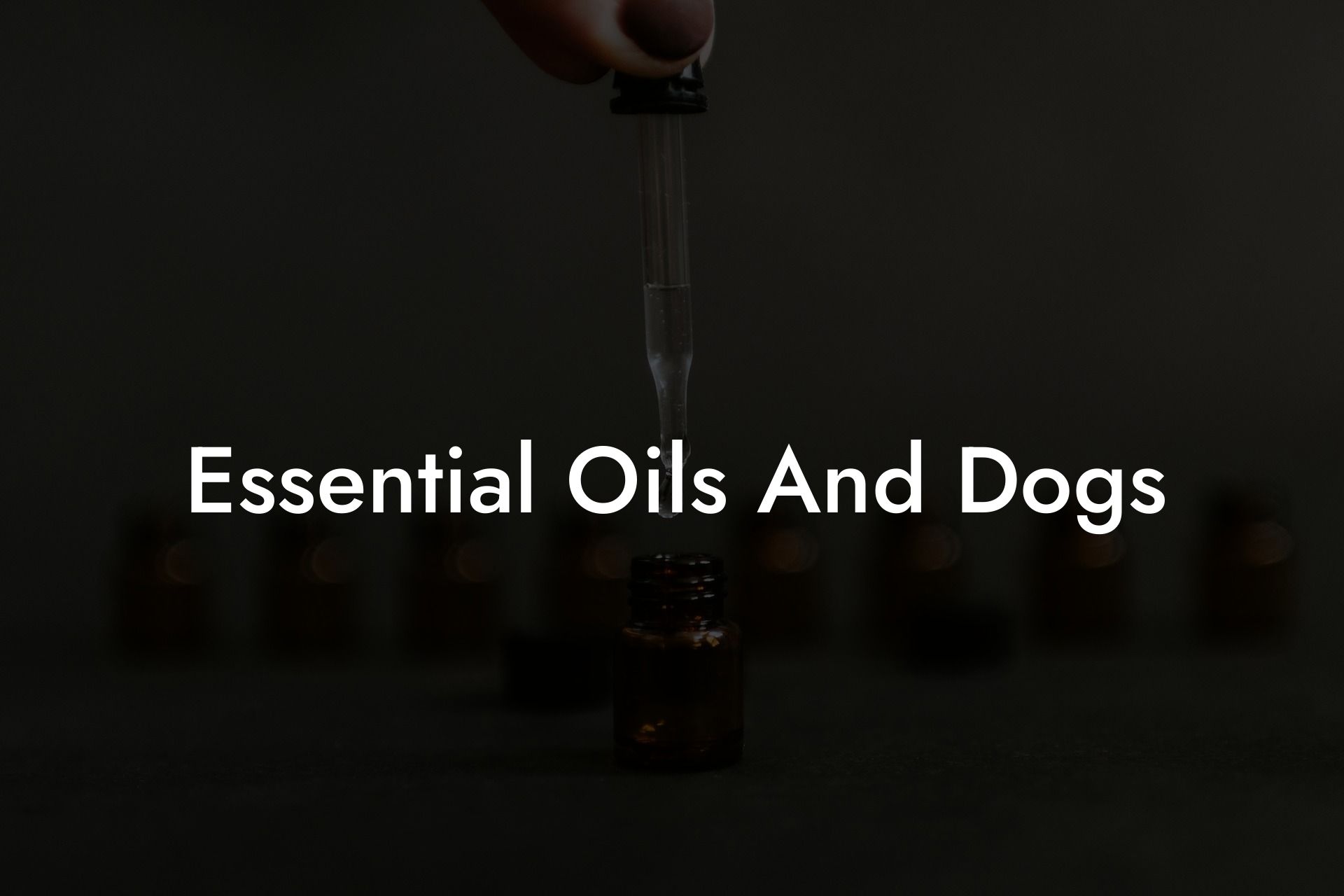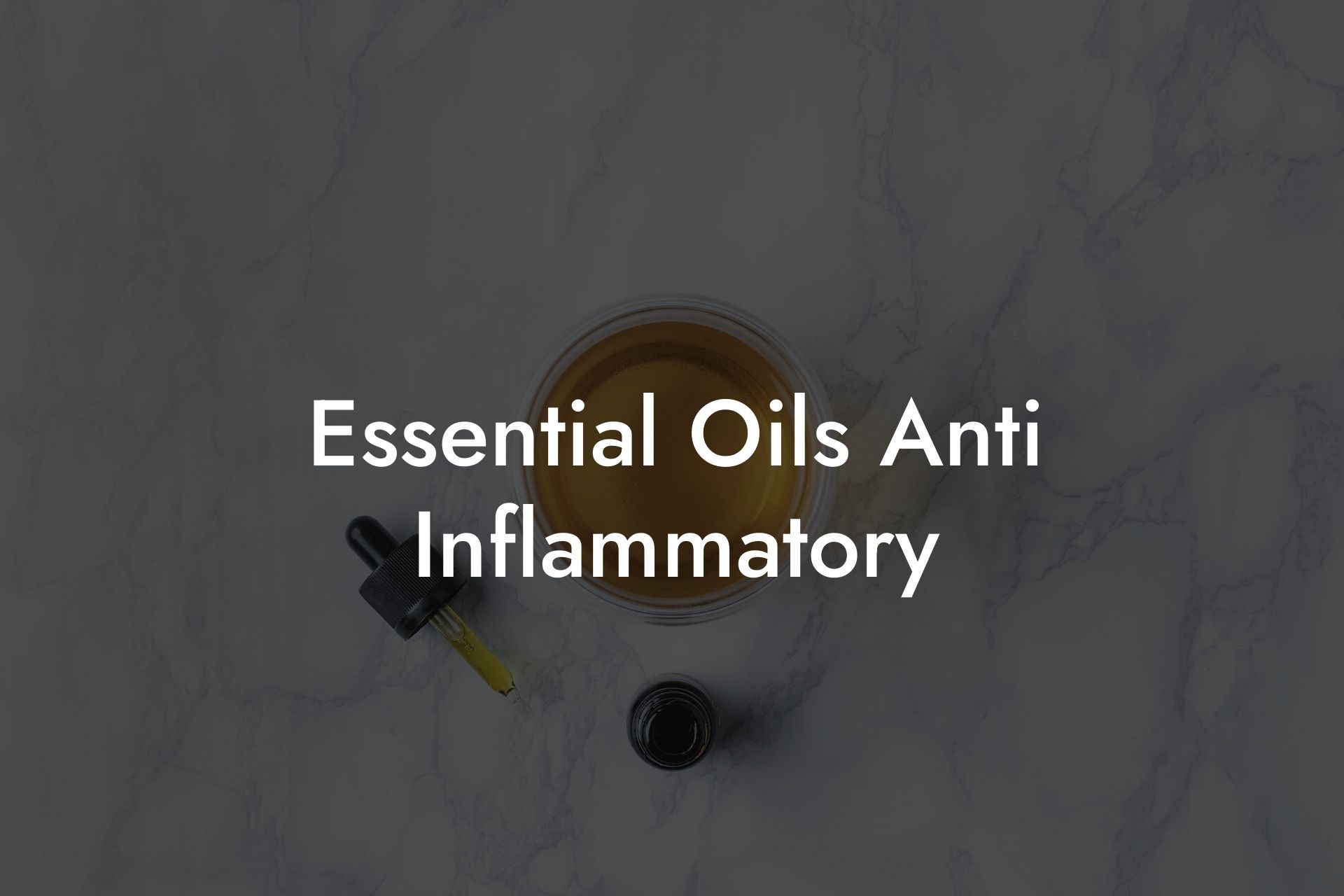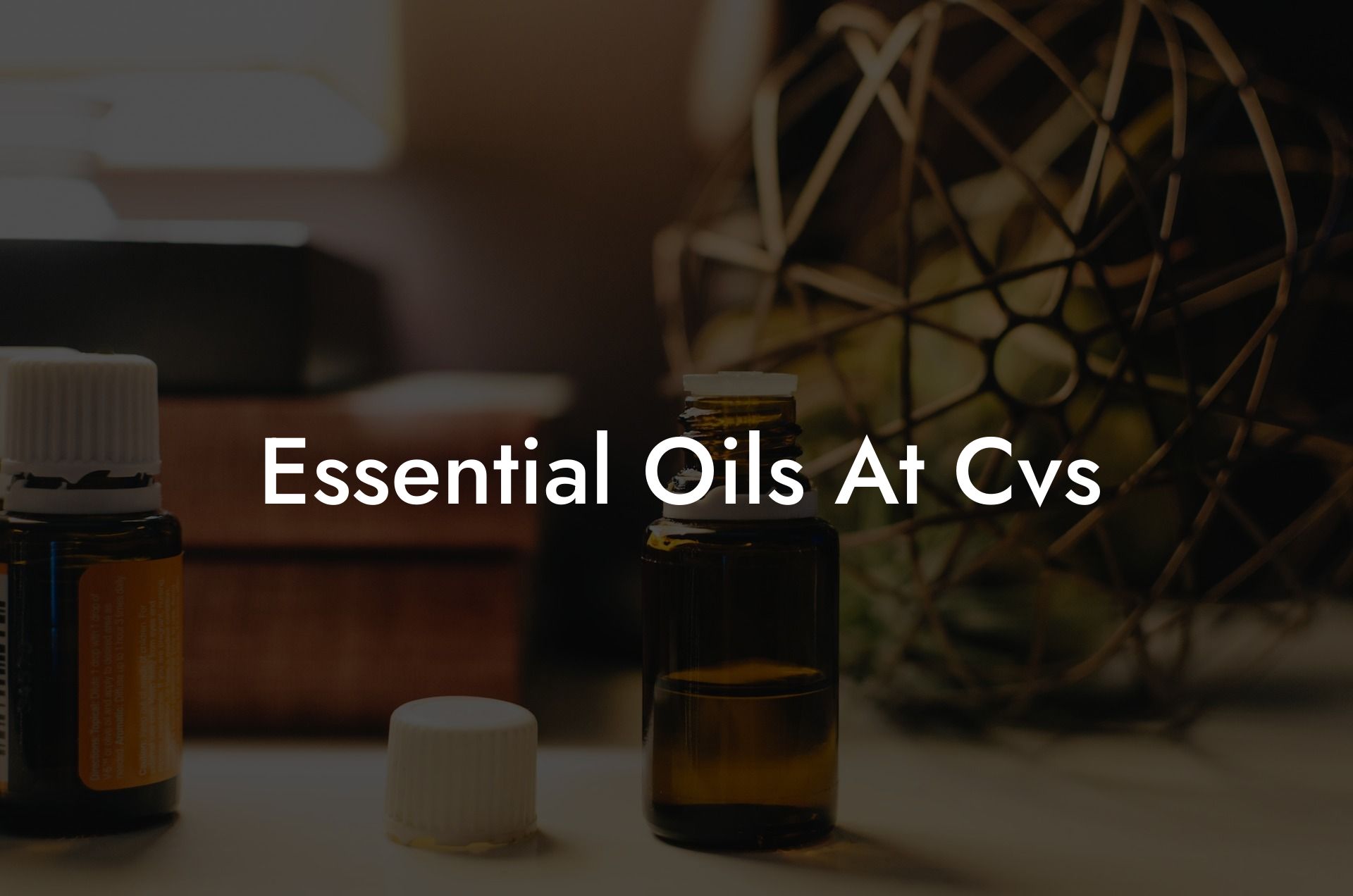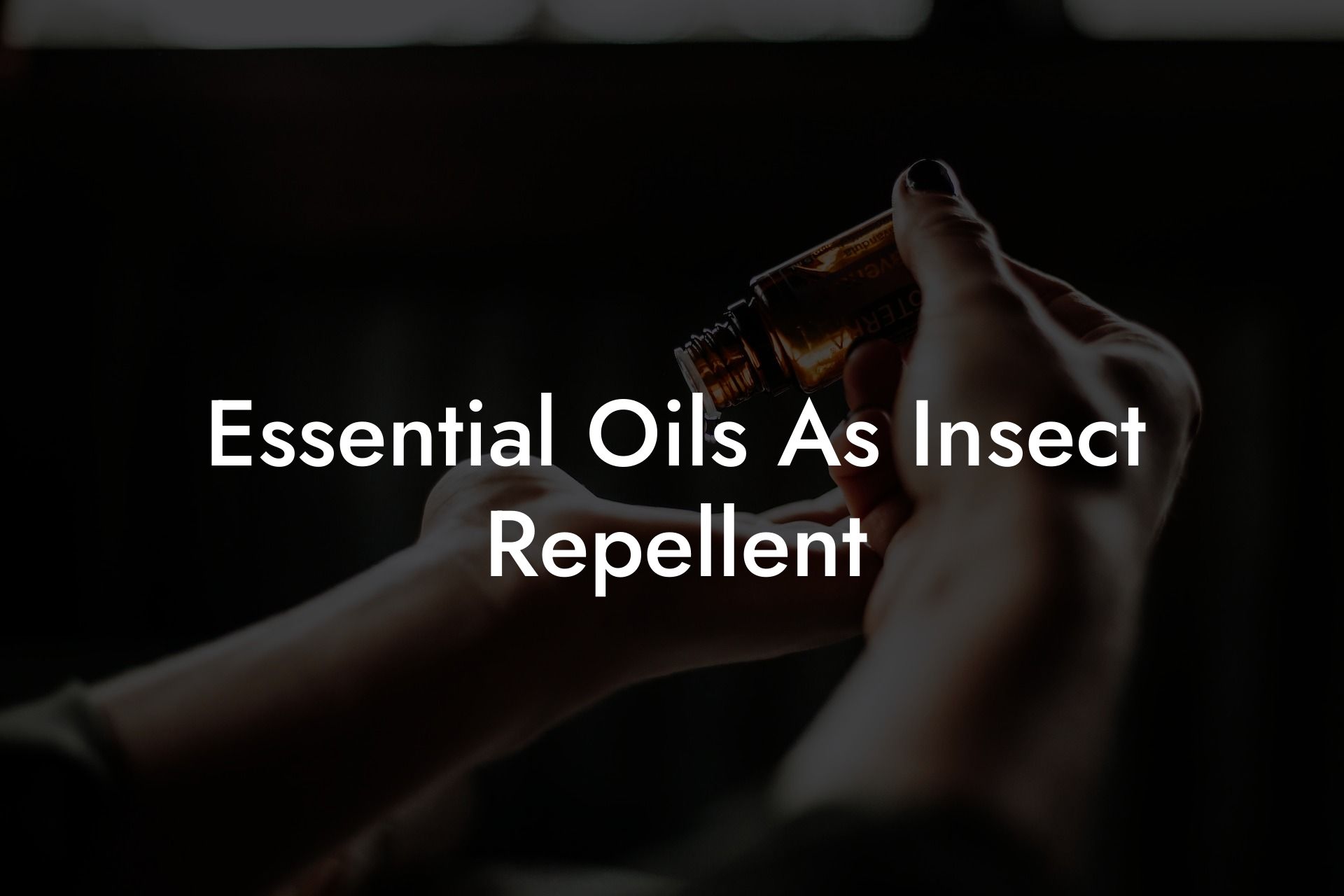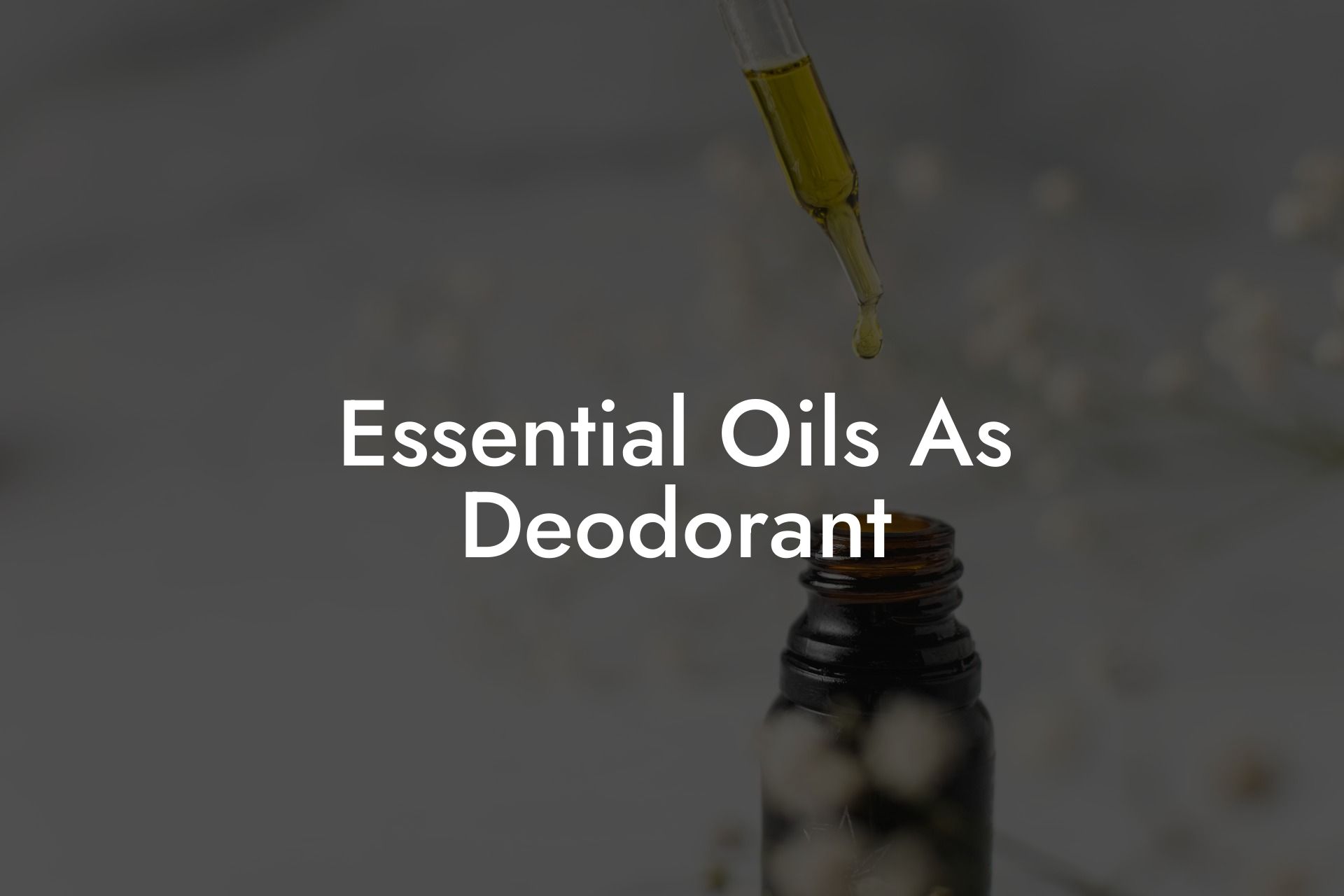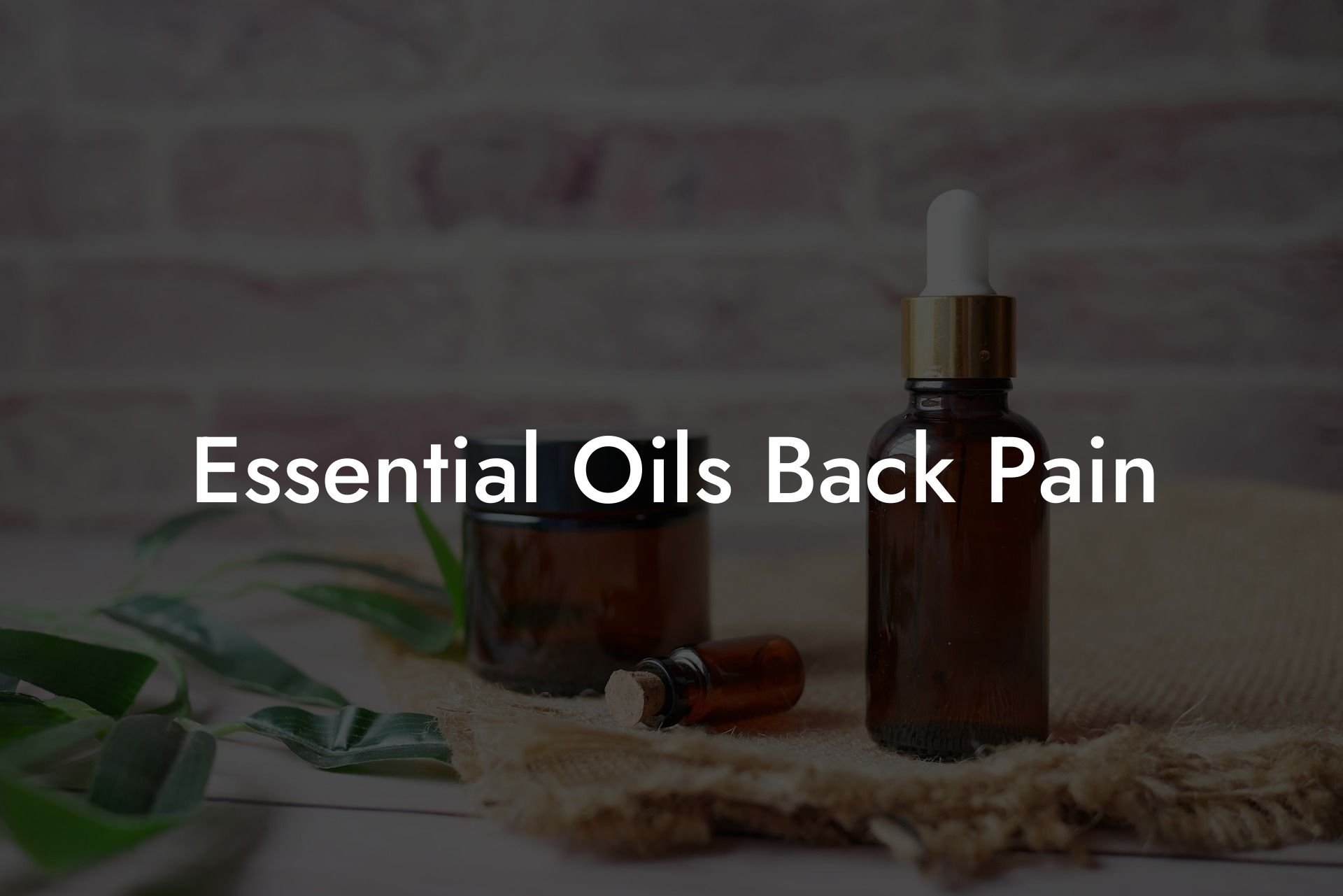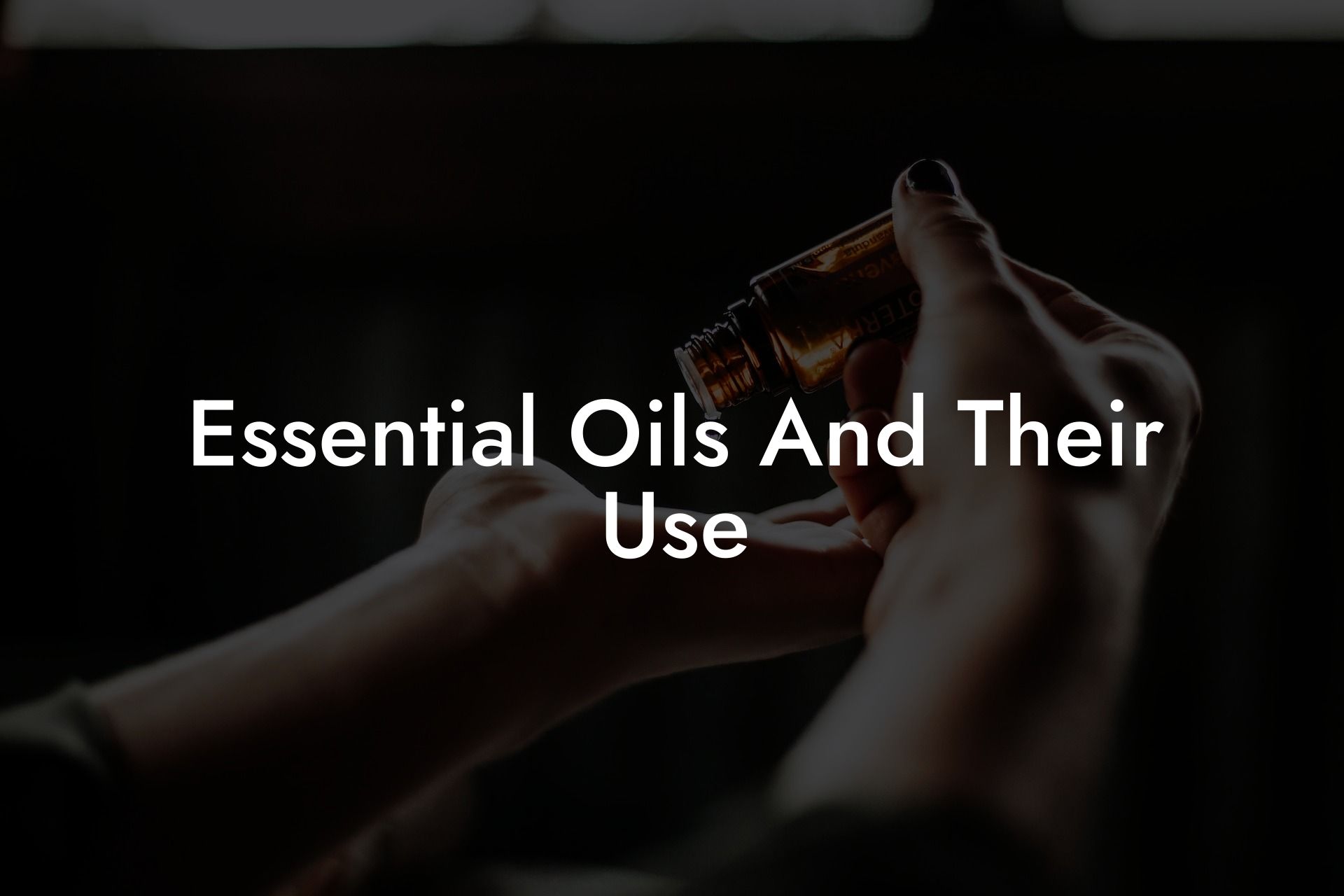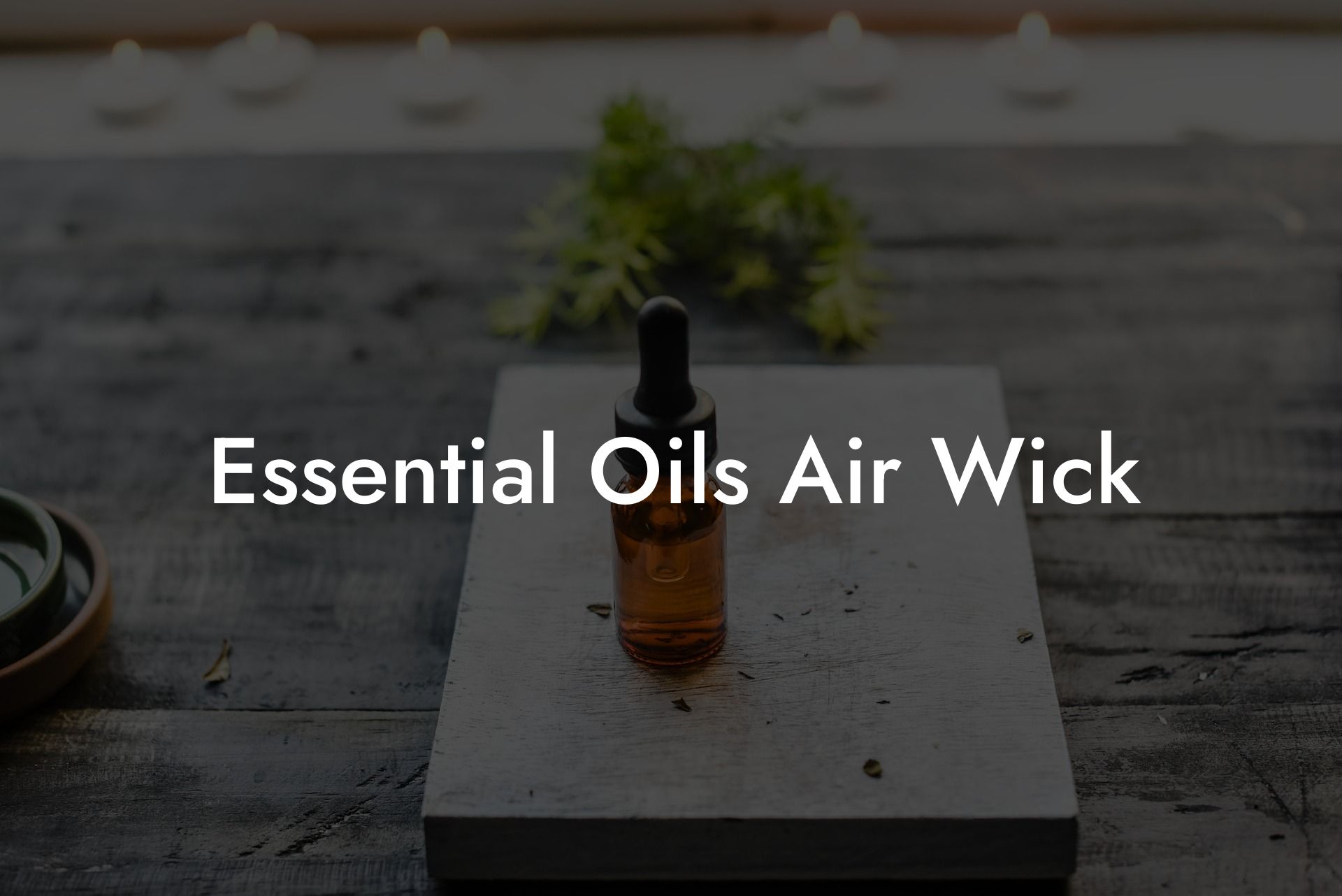Are you a pet owner who loves using essential oils for their numerous health benefits? While it’s true that these oils provide humans with many advantages, it’s vital to know that they may not be as beneficial for your furry companions. Let’s dive into the world of essential oils and their potential harm to pets.
Table of Contents
Why Essential Oils can be Harmful to Pets
Essential oils are highly concentrated and can contain toxins that may be dangerous to pets, especially when ingested or applied directly to their skin. Additionally, animals have a heightened sense of smell, making them more sensitive to strong scents.
Unsafe Essential Oils for Pets
Though there are many essential oils that can be hazardous for pets, some are more dangerous than others. These oils tend to be high in phenols, a type of compound that can irritate animals’ respiratory systems and cause liver damage.
- Eucalyptus
- Tea Tree
- Peppermint
- Thyme
- Oregano
- Cinnamon
- Clove
- Sweet Birch
- Pennyroyal
- Ylang ylang
If you do choose to use essential oils around your pets, make sure to use only pet-safe oils and always follow proper safety guidelines.
Safety Guidelines for Using Essential Oils Around Pets
- Choose Pet-Safe Oils: Some essential oils are considered safe for pets in moderation, such as lavender, chamomile, and frankincense. Consult with your veterinarian before using any essential oils on or near your pet.
- Proper Dilution: If applying essential oils topically to your pet, always dilute them with a carrier oil, such as coconut or almond oil. The recommended dilution ratio is typically 0.5% or less.
- Never Administer Internally: Essential oils should never be given to pets orally as they can be toxic if ingested. If your pet ingests any essential oil, contact your veterinarian or an emergency animal clinic immediately.
- Use a Well-Ventilated Space: When using essential oils in your home, be sure to provide plenty of ventilation to avoid overwhelming your pet’s heightened sense of smell.
- Monitor Your Pet’s Behavior: Observe your pet for any signs of discomfort or distress when using essential oils, such as increased panting, drooling, or shaking. If you notice any adverse reactions, stop using the oil and consult your veterinarian.
Essential Oils Bad For Pets Example:
Imagine you’re enjoying a relaxing evening at home with your cat, and you decide to diffuse some eucalyptus essential oil to help you breathe better. Unbeknownst to you, eucalyptus is harmful to cats. Your feline friend starts to show signs of distress, such as drooling and rapid breathing. You quickly realize the essential oil may be the cause and immediately turn off the diffuser and open a window for ventilation. After a while, your cat starts to feel better, and you make a mental note to research essential oils more carefully in the future.
Now that you’re aware of the potential dangers of essential oils for pets, you can make informed decisions for their wellbeing. Although these oils can enhance our lives, it’s essential to prioritize the safety of our furry friends. Share this article with other pet owners to spread awareness and consider exploring other guides on Oshu Oils to find more helpful information about essential oils. Don’t forget to check out the Oshu Oils range of essential oils and choose pet-safe options for a harmonious, healthful environment for you and your pets.

